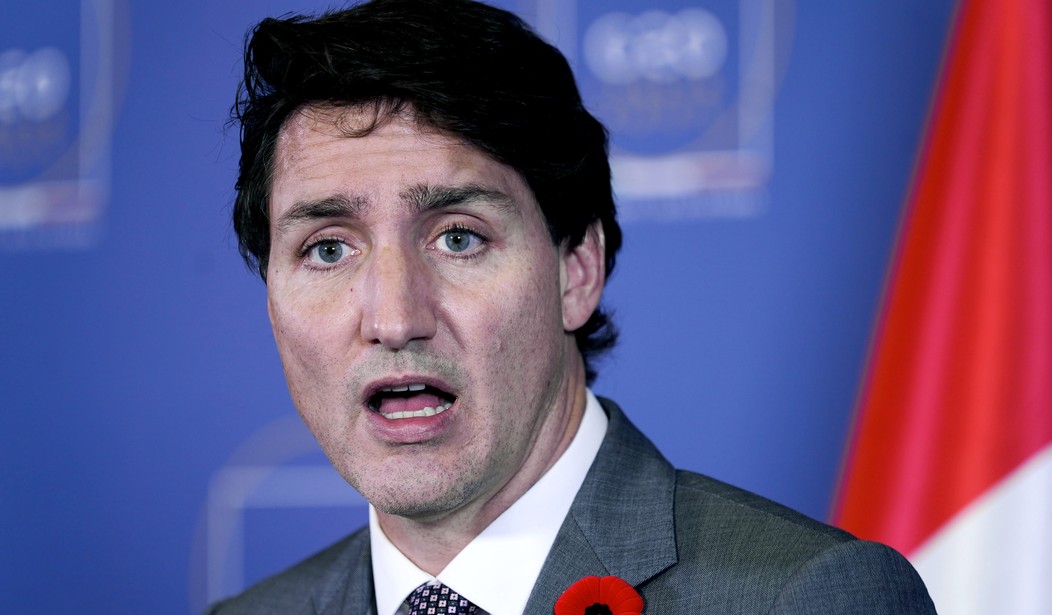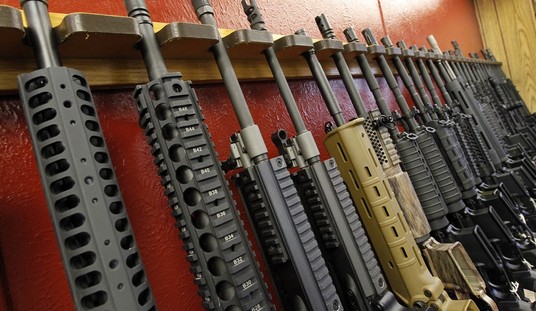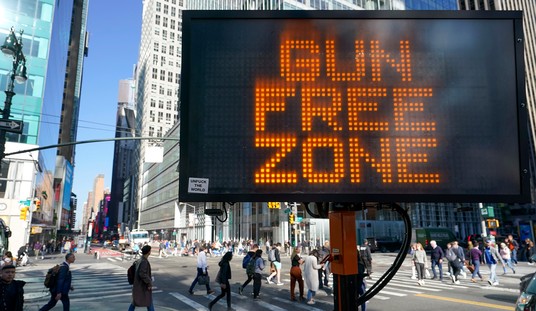The folks at the Canadian Bar Association would like everyone to know that they’re fully in favor of more gun control, and are even on board with the objectives of C-21, the legislation that’s at the heart of Justin Trudeau’s latest attack on gun owners. But while they’re on board the gun control bandwagon, the CBA still has some significant issues with the bill as its currently written, calling several of the bill’s provisions “overly broad” and even a “threat to public safety.”
The CBA’s complaints are outlined in a letter sent to head of the parliamentary committee that’s in charge of C-21s language, and while the document takes pains to point out the organization’s longstanding support for all kinds of restrictions on gun owners (including a national registry), the attorneys also take issue with several of C-21s components, starting with the Canadian version of a “red flag” law.
Among those we find amendments that would allow “any person” to make an ex parte application for an emergency weapons prohibition order. This application could be anonymous, the hearing could be private and there would be no opportunity for the subject of the application to be heard in court.
Currently police officers can seek a warrant to seize firearms under specific circumstances. The law also allows police to seize firearms without a warrant when obtaining it is impractical or when someone fails to show license or authorization. Such a seizure means an automatic revocation of licenses and authorizations, but it does not mean a prohibition, not until the person has had the opportunity to be heard in court.
The Section believes the proposed amendments included in Bill C-21 “pose a threat to public safety and a disproportionate risk to marginalized groups,” adding that the current law contains sufficient powers to accomplish the goal of seizing weapons believed to have been used in a crime or removing them from the hands of persons who are believed to be a danger to themselves or to others.
In addition to the concern over ex parte applications, the CBA says the anonymity granted to those pursuing an “emergency weapons prohibition order” could easily lead to abuses of the system, including SWATting.
This is not a theoretical example, as we saw recently in London, Ontario, when a transgendered social media performer was subject to this very tactic, as was reported in the media. “Someone impersonated her online and emailed threats and a picture of a gun to city councillors in London, Ontario. Police responded by attending her doorstep while heavily armed and arresting her at gunpoint,” the submission reads.
Among other issues arising from secret complaints, the Section notes the potentially catastrophic consequences of a false criminal accusation. Those include potential incarceration, loss of employment and a criminal record. “The subject of the complaint is prevented from knowing who the applicant is and therefore from marshalling a defence. This is especially so when a false accusation is made because of personal animosity, or by individuals who are members of racist or hate groups,” the letter states. Members of such hate or racist groups would be protected from investigation, which could only lead to more abuse.
While the proposed system definitely has the potential for abuse, that’s only one of the fundamental flaws with the “EWPO” system imagined by Canadian gun grabbers. Not only is the subject of the petition unable to learn any information about their accuser (which might help to uncover malicious or false accusations), they’re not even allowed to be present during the hearing to offer up a defense. Canadians may not have the right to keep and bear arms under their constitution, but secret court hearings to deprive people of their ability to possess a firearm is still an awfully authoritarian tactic for a supposed democracy to take.
The CBA also finds fault with a blanket prohibition on gun ownership for anyone who’s been the subject of an order of protection; something the attorneys’ group describes as “too broad” and would lead to “many Canadians los[ing] their firearms licenses without considering the context of a past protection order or offering an opportunity to review their ineligibility.”
Finally, the group says that C-21’s prohibition on advertising a firearm in a way that “depicts, counsels, or promotes violence against a person” is also problematic because it could make it a criminal offense to so much as mention “a lawful use for a firearm, such as self-defense, or by referencing a firearm’s history”; though the CBA says that could be rectified by allowing exemptions for “less restrictive advertising of firearms to the film industry, to the military, and the police”… just not average, ordinary Canadian citizens.
Now, even if the Trudeau administration were to adopt each and every one of these recommendations, Bill C-21 would still be a steaming pile of moose poop thanks to its sweeping gun bans and other attacks on lawful gun ownership. There only way to truly “fix” this bill would be for members of parliament to scrap it completely and redirect their energies towards combatting violent crime, but that’s not even a remote possibility at the moment. Still, when even ardent gun control advocates are pointing out the flaws in the latest anti-gun legislation, that’s a pretty good sign that C-21, if enacted, is going to cause far more problems than it will solve… just like restrictions on the right to keep and bear arms here in the U.S.








